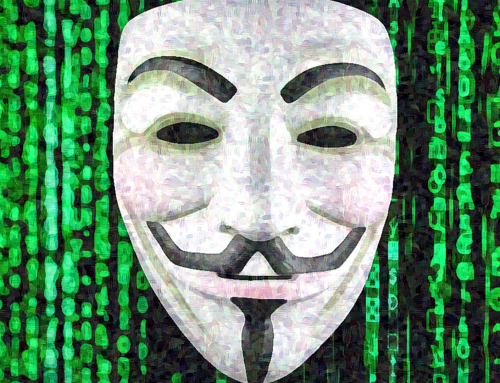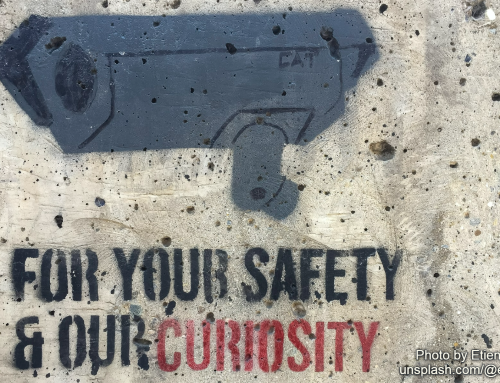Microsoft Says Russian State-Backed Hackers Are Spreading
Following the SolarWinds hack which saw the major Texas based information technology company along with the leading cybersecurity firm FireEye and the likes of the Department of Homeland Security and the Treasury Departments all infected and private information stolen back at the beginning of 2020, is believed by Microsoft to have come from Russian state-backed hackers and since the cybercriminals success more targets across the US and Europe are being made.
More than half of all Governments organisations cyber attacks last year through to 2021 were attributed to Moscow, comparing that to the 3% from the previous year shows just how alarming the situation has become.
The Right Side Of Crime Pays Too
Cybercrime certainly pays for most due to going pretty much undetected, and though there are ways to discover which country the attack came from, it’s far more challenging to be certain for sure where in that country the attack took place and therefore who the culprit was, add to that the millions someone can earn undetected through cryptocurrency like Bitcoin and you have a recipe for disaster. And adding to this fire up until more recently far fewer people were willing to take up a role in ethical hacking, working for cybersecurity firms and independent companies due to the low pay and ever growing workload due to the sheer volume of cyberattacks.
Fortunately as of late more companies have come to terms with the fact they need to pay more to entice these bright individuals into the field, as well as enticing others away from crime, with many salaries starting at £150,000 there fortunately has been an uptick in people entering the field.
DON’T LEAVE YOUR IT TO CHANCE! LEAVE IT TO THE PROFESSIONALS!
Cryptocurrency Proving To Be Less Safe Than A Mattress
Cryptocurrencies are supposedly a secure means to earn and store capital, however as we have heard in the press time and time again hackers on the occasion do manage to find a way in, rarely do we hear of lessor types of cyberattacks making any ground on the currencies, however just a few days ago it was reported that between March and May of this year thousands of Coinbase users were lured into providing their passwords in a large scale phishing attack which saw their accounts wiped out.
Hackers managed to get into the Coinbase system and send the following letter to users within their account messaging area:
“In order to access your Coinbase account, these third parties first needed prior knowledge of the email address, password, and phone number associated with your Coinbase account, as well as access to your personal email inbox. While we are not able to determine conclusively how these third parties gained access to this information, this type of campaign typically involves phishing attacks or other social engineering techniques to trick a victim into unknowingly disclosing login credentials to a bad actor. We have not found any evidence that these third parties obtained this information from Coinbase itself.”
Once the hackers acquired the desired information from their victims they exploited a flaw within Coinbase to receive and process the two factor SMS authentication system to gain full access to the accounts. Coinbase has yet to comment on the matter.
Camfecting On The Rise
With the sudden increase of people working from home within the past year and a half there has been a sudden increase in hackers gaining access to unsecured business networks, however in the last few months there has also been an uptick in the number of individuals being hit with Trojan viruses that provides the hacker with full access to the users webcam.
Most of the time a Trojan will not be detected without the right security, those who have been infected so far have reported being blackmailed, the cybercriminals email their victim’s requesting cryptocurrencies in return for video footage they have of them, the content within the email threatens that the videos will be shared with the victim’s friends and family if they do not cough up the cash.
Australian Professor Salil Kanhere said:
“It wasn’t always this easy – not too long ago hackers needed to write the malware, which meant they needed specialist computer programming knowledge, nowadays, Trojan horses and all the tools needed to launch such attacks can be bought and sold on the dark web. It’s a very perverted truth, but it happens.
Covering your webcam with tape or something is just such a low-tech way to protect yourself against these attacks.”















